The inclusion of the Iranian thriller 6AM at Saudi Arabia’s Red Sea International Film Festival represents a powerful moment of cultural diplomacy, resonating deeply within both societies. Personally, I was delighted to read that an Iranian movie was featured this year. I have always admired Iranian cinema for its ability to tell human stories in a way that captures the complexities of our shared culture. Through compelling narratives, skilled directors, and talented actors, these films explore issues with a depth and authenticity that leave a lasting impression.
A Brief Look at Historical Engagements
While Iranian films have been showcased at the Red Sea Festival in past years, the growing openness between Saudi Arabia and Iran is notable. This year, Iran is represented with the thriller 6AM . The festival, launched in 2019, has since made strides to include a variety of voices, including Iranian directors. Films like A Hero by Asghar Farhadi and Hit the Road by anah Panahi were previously screened, paving the way for ongoing collaboration. In 2022, several Iranian films and series were featured, signaling a consistent commitment to embracing diverse narratives. These moments of cinematic exchange have steadily gained significance, symbolizing the potential for deeper cultural connections.
The Cultural Impact on Both Societies
For audiences in Saudi Arabia, Iranian films bring a nuanced exploration of human experiences, reflecting themes of resilience, identity, and societal challenges through a distinct cultural lens. The exposure to these stories encourages greater empathy and understanding, challenging preconceived notions and highlighting the commonalities that bind people across borders. For Iranians, the opportunity to share their work in Saudi Arabia fosters a sense of cultural exchange, amplifying voices that have historically been separated from the Arab world’s largest stage.
A Broader Message Beyond Cinema
The presence of Iranian films at a high-profile Saudi festival holds a mirror to broader geopolitical realities. Cultural diplomacy, in this case, is not just an artistic gesture but a reflection of a changing regional landscape. Both countries have shown recent signs of easing tensions, and the screening of Iranian films serves as a reminder that art often acts as a precursor to political shifts. Cultural engagement builds bridges where politics may struggle, emphasizing shared values and human experiences.
Why This Step Is Significant
For the wider region, this is more than a film festival highlight—it signals a cautious yet promising step toward greater regional cooperation. Cultural exchanges have the power to influence public perception positively and create a foundation of mutual respect. As both nations navigate a rapidly changing global and regional context, such moves suggest that art and culture might be leading the way toward greater understanding.
This moment reflects not just the power of film to entertain but its deeper role in shaping narratives, building connections, and perhaps even mending historical rifts. As audiences in both countries engage with these stories, the hope is that they come away with a richer understanding of one another, inspired by the shared human experiences that cinema so vividly brings to life.
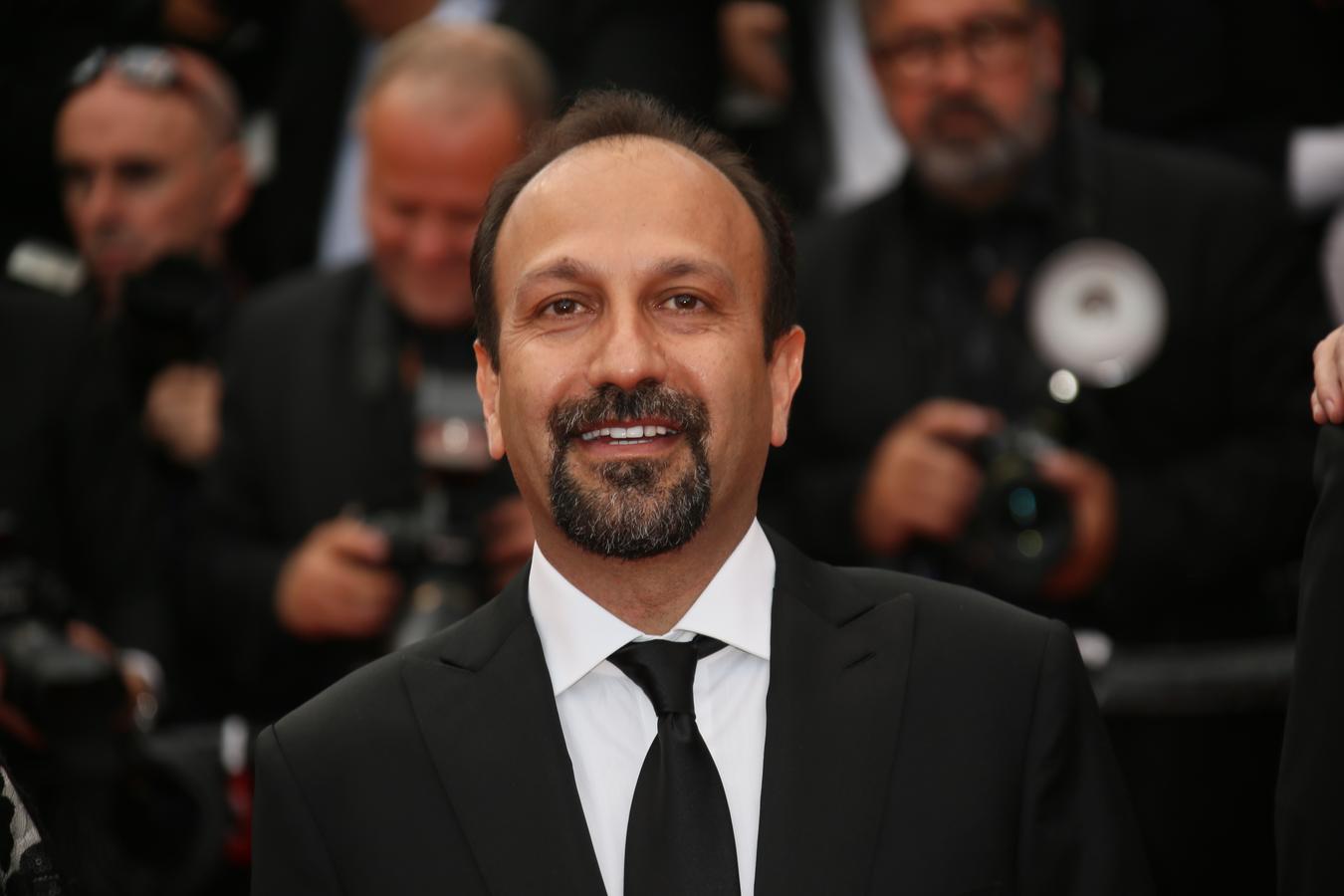
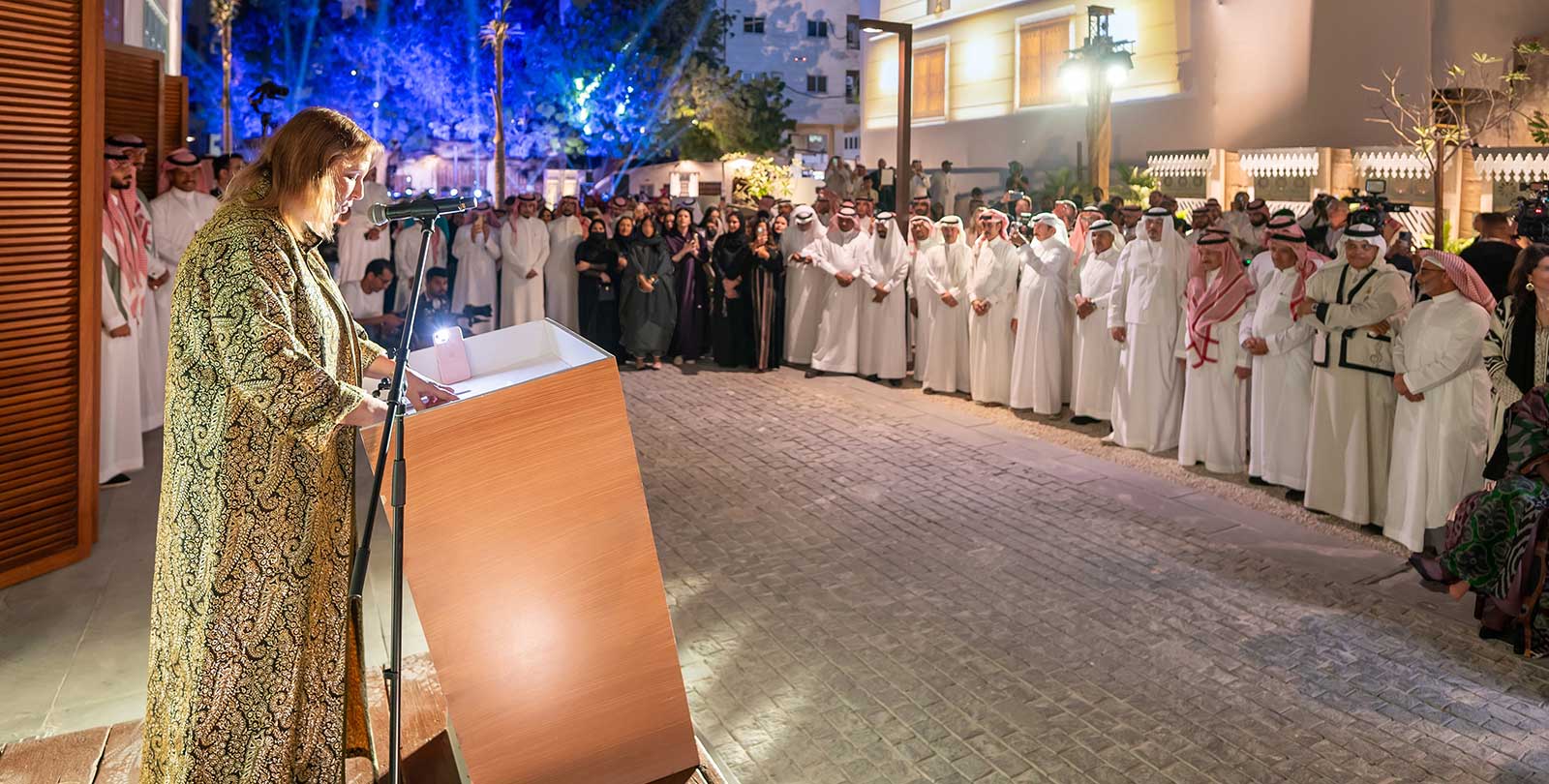
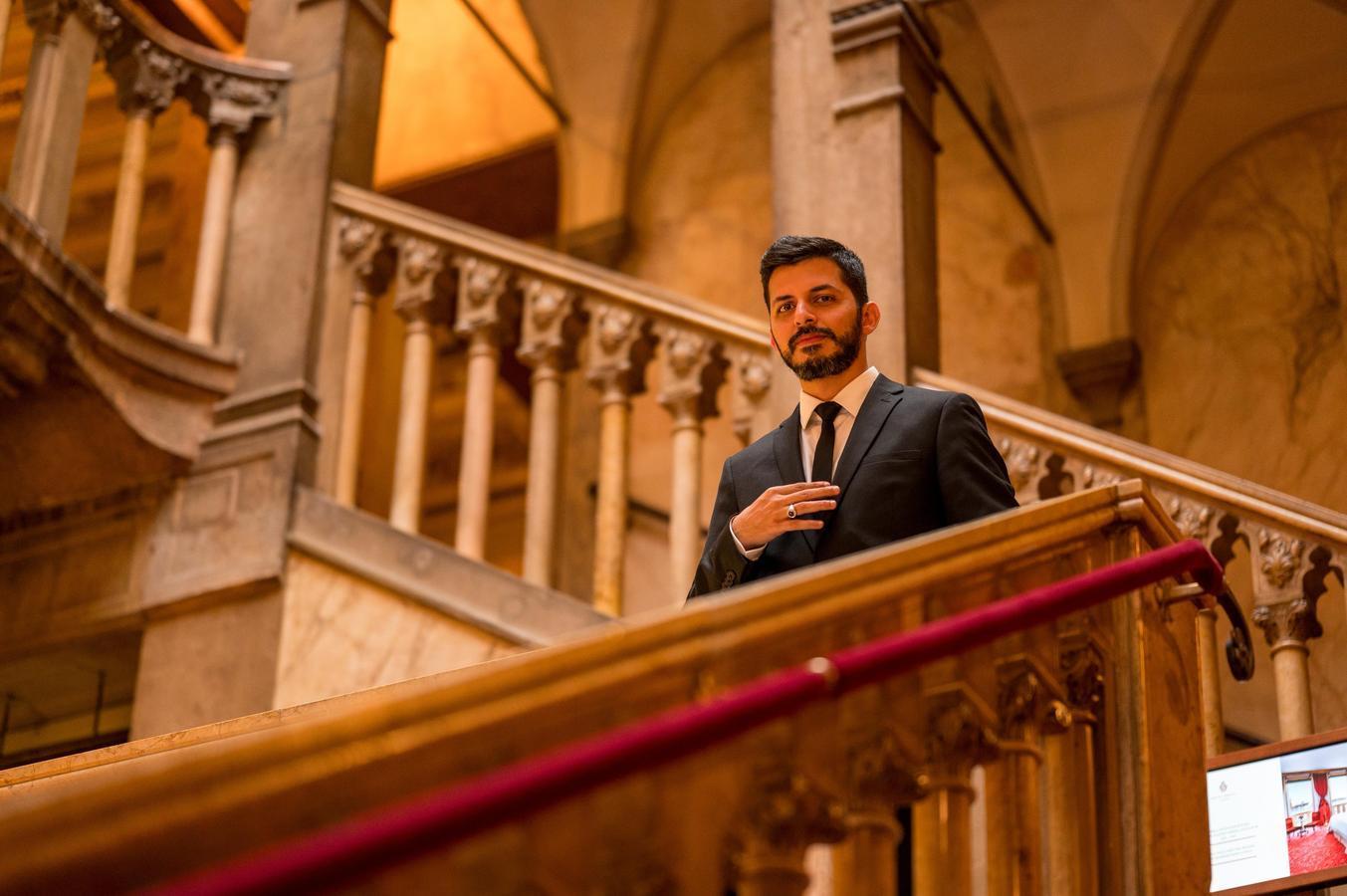
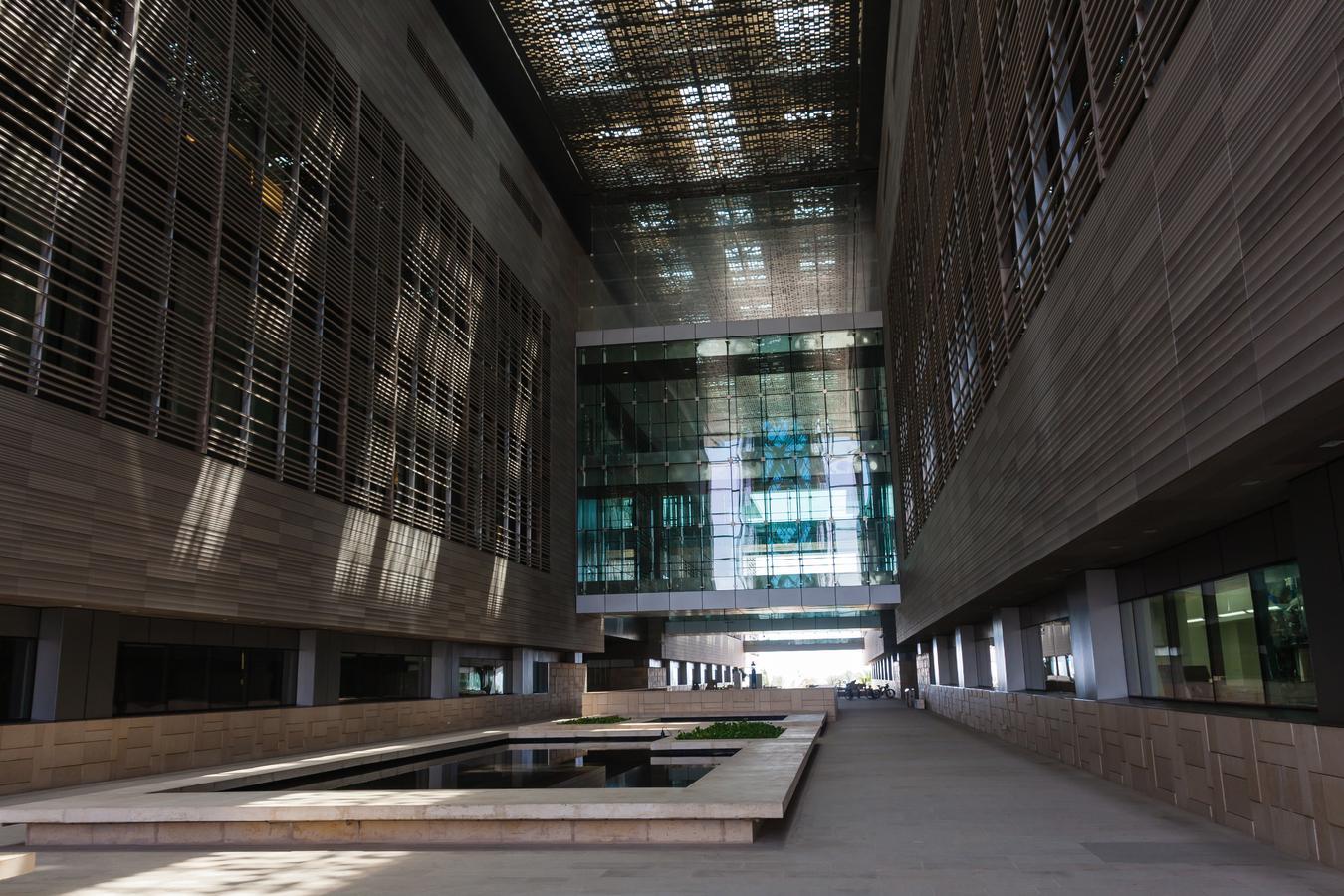
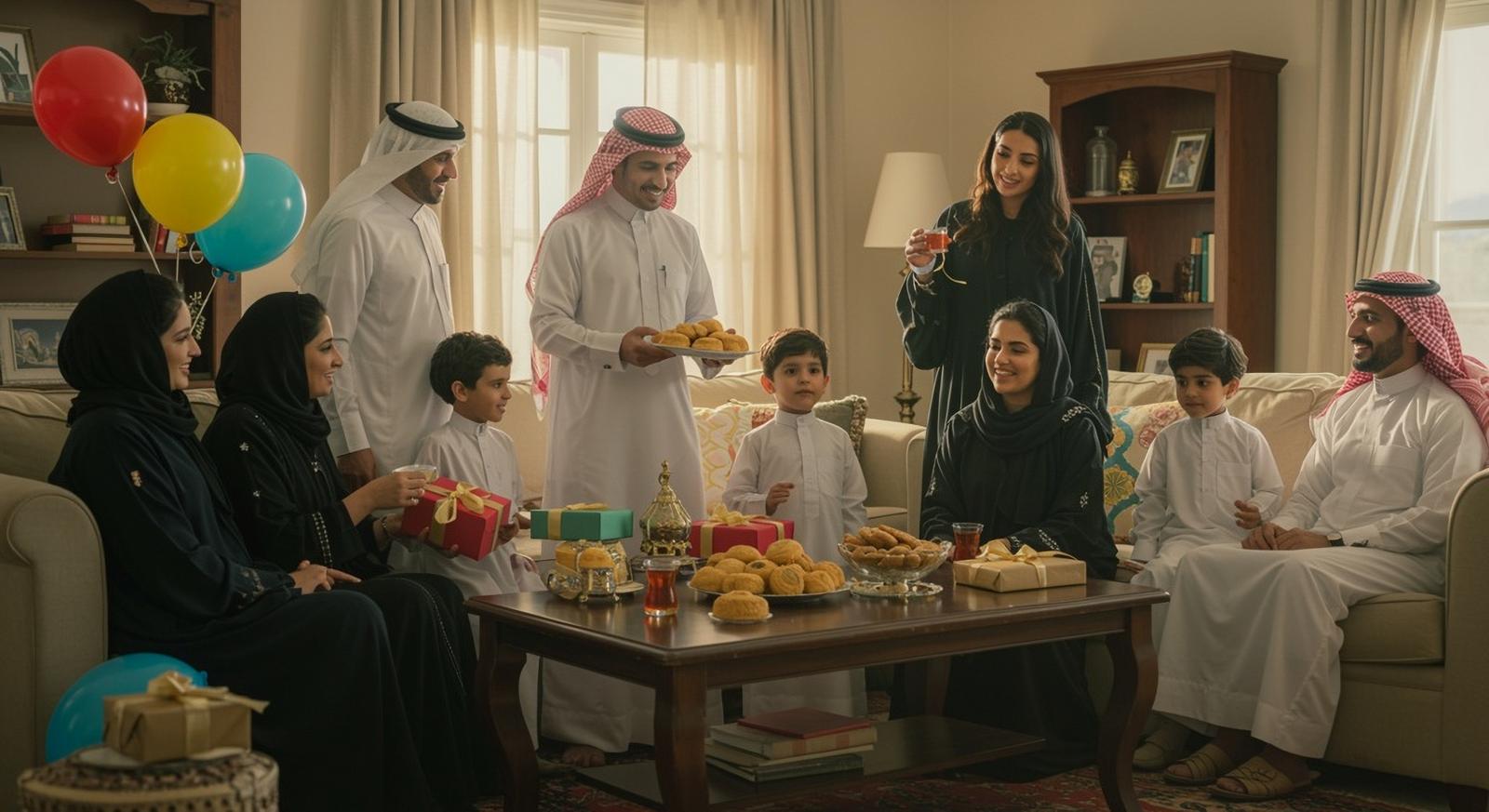
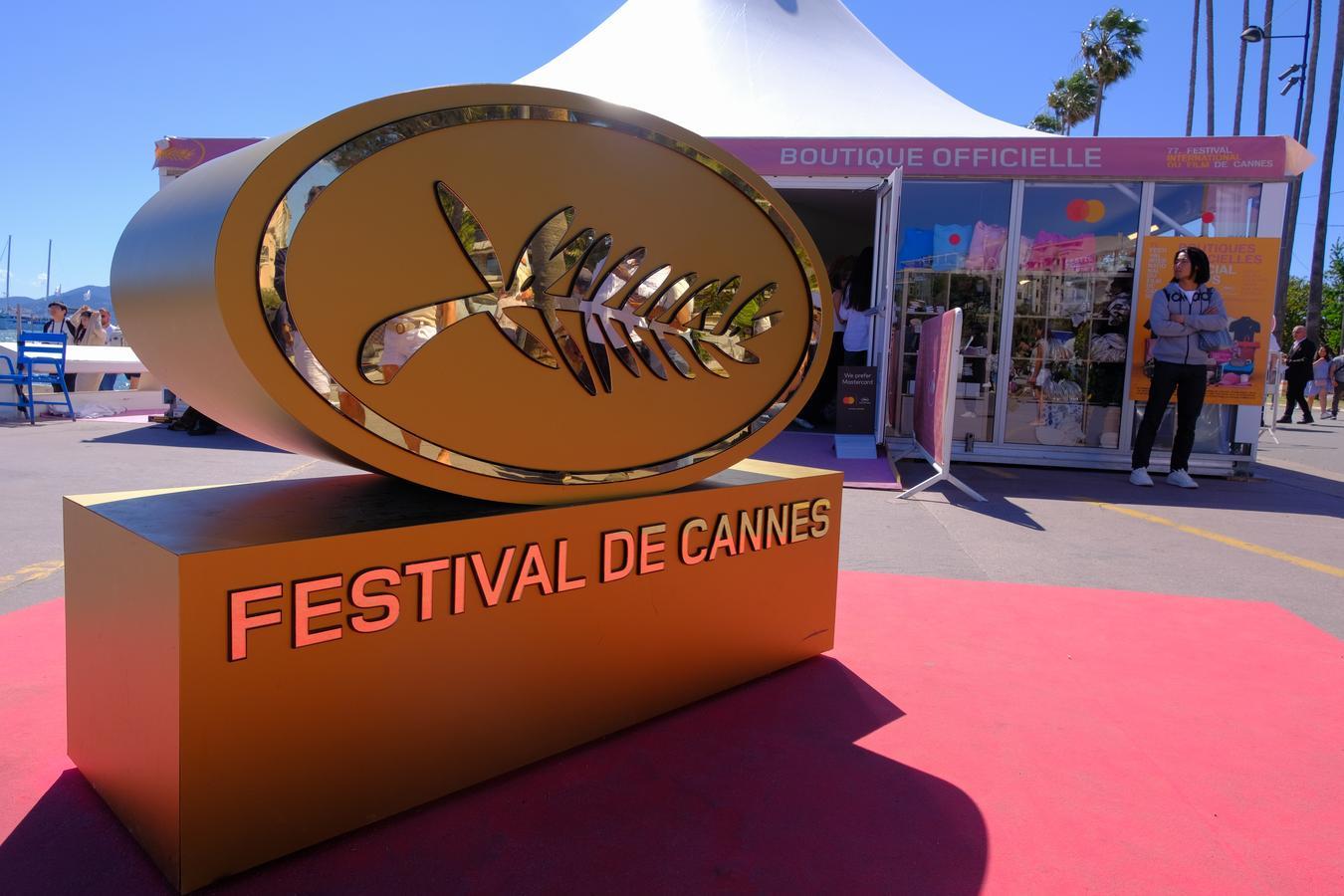
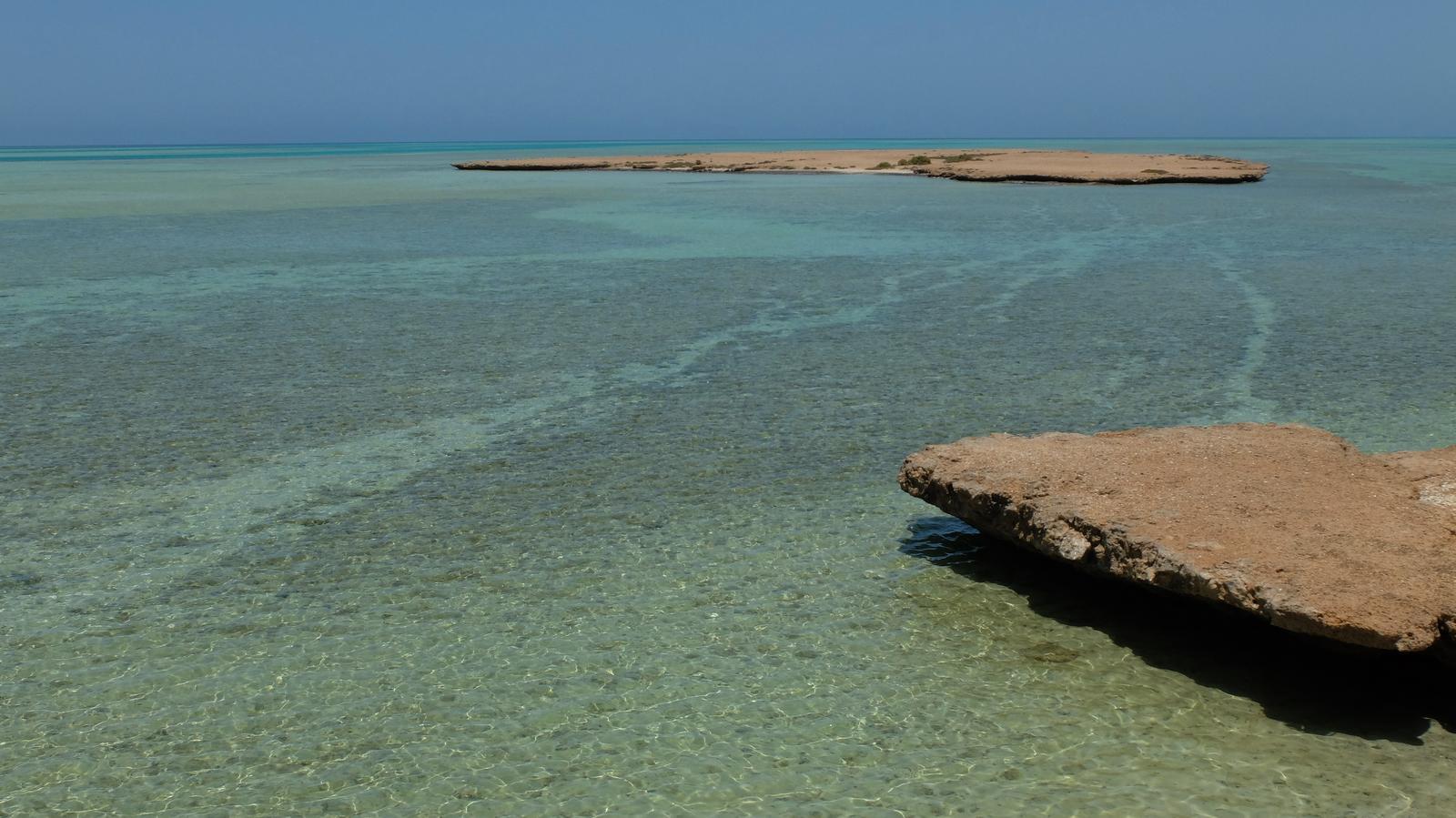
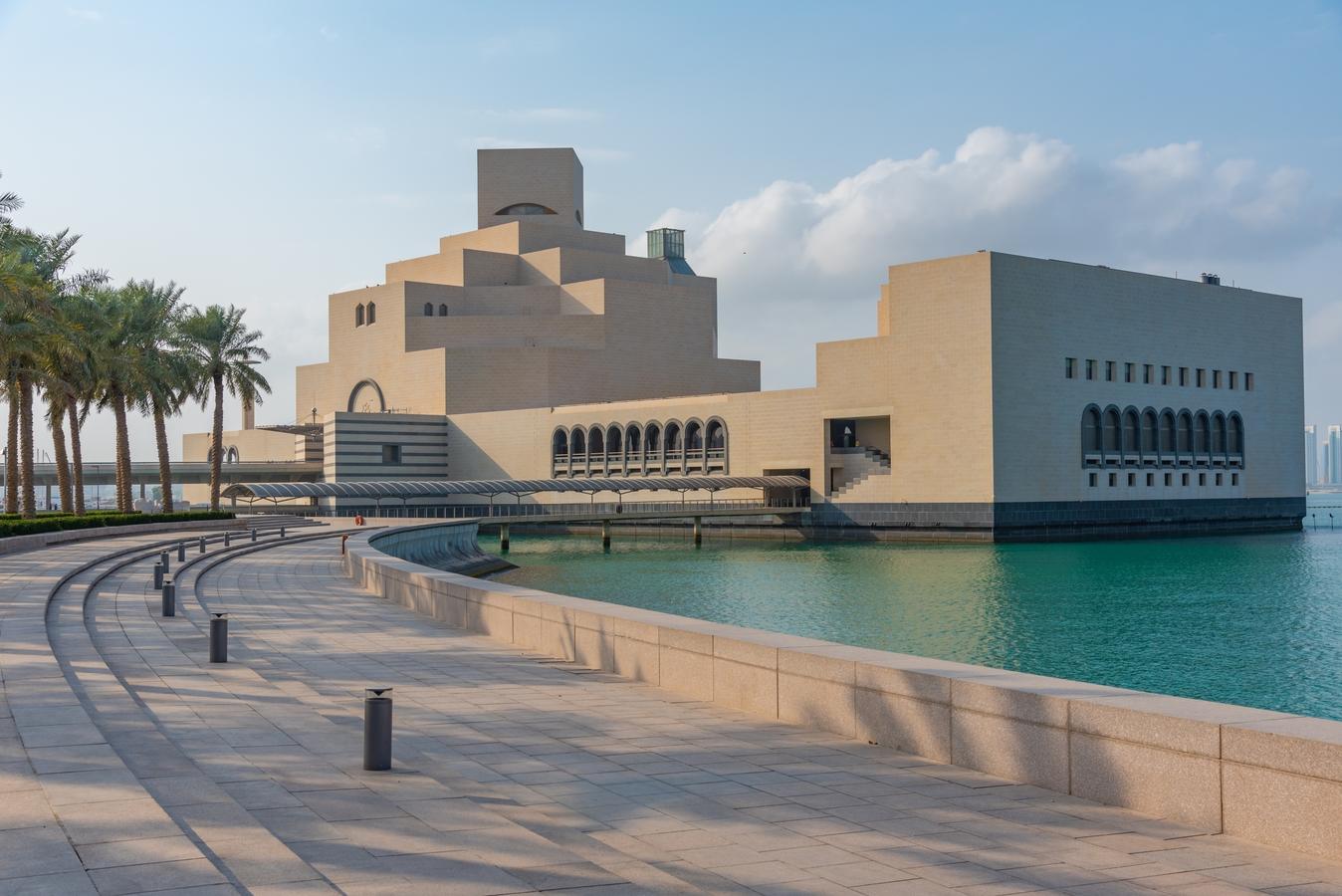
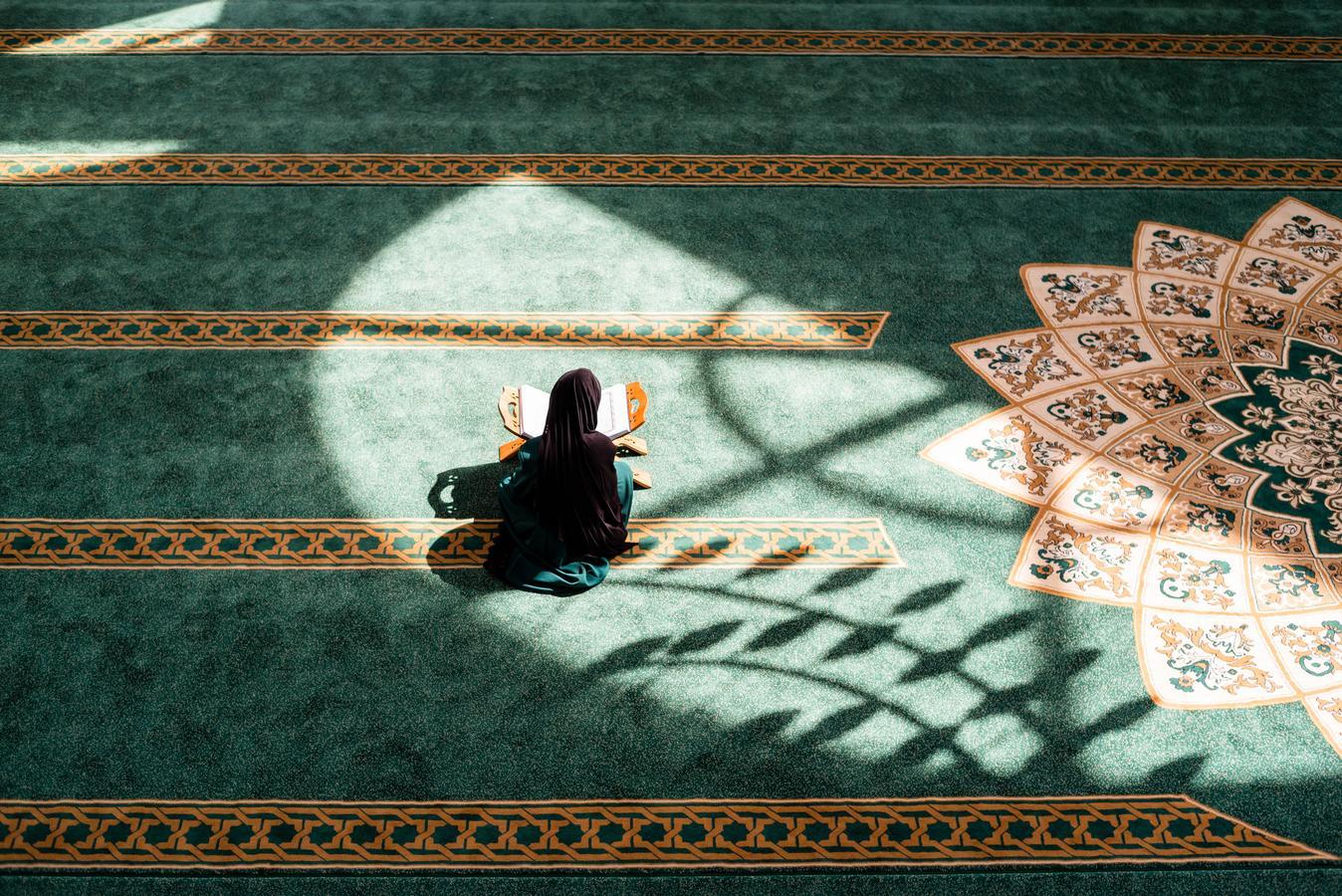
0 Comments
No comments yet. Be the first to comment!